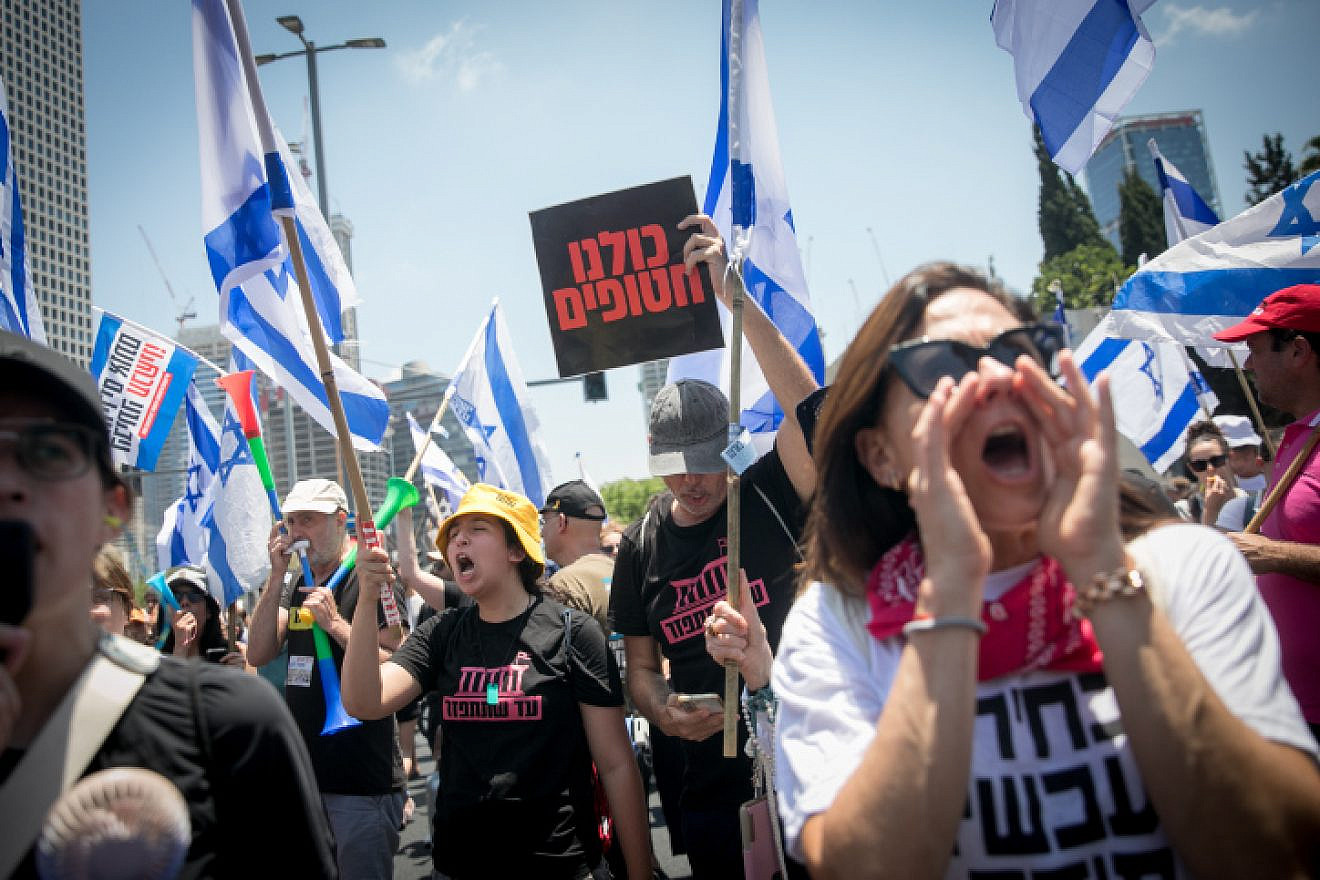The U.S. Justice Department is interviewing Oct. 7 survivors and victims’ families to build a case against the terrorist organization and its financial supporters.
Former hostages and families of U.S. citizens who have been killed abroad have spoken with prosecutors and FBI agents in recent months, sources told Bloomberg News.
Beyond acts of terrorism, the broader focus of the U.S. investigation is targeting the financial networks that have funded Hamas, the report said.
That support includes backing from countries such as Iran and Qatar.
The U.S. has seized assets in cases where it’s hard to arrest the people facing criminal charges. “In terrorism cases, seized funds can be potentially redirected into a reserve for U.S. victims of state-sponsored terrorism,” Bloomberg reported.
On Feb. 2, the Justice Department announced that it had seized more than 500,000 barrels of Iranian fuel it said provided funding for Iran’s Islamic Revolutionary Guards Corps (IRGC) and its Quds Force. In addition, it seized $108 million destined for the Quds Force.
“Iran utilizes the proceeds of its black-market oil sales to fund its criminal activities, including its support of the IRGC, Hamas, Hezbollah and other Iranian-aligned terrorist groups,” said Attorney General Merrick B. Garland in a Justice Department statement.
Iran and Syria are facing a slew of recent lawsuits filed on behalf of hostage victims and their families for providing the financial backing that enabled the Oct. 7 attack.
On July 1, the Anti-Defamation League, together with Washington-based law firm Crowell & Moring LLP, filed a $4 billion suit in U.S. federal court against Iran, Syria and North Korea on behalf of American victims of the massacre.
The complaint, filed in the U.S. District Court for the District of Columbia, states that the three countries provided material support—including military, tactical and financial—to Hamas that enabled it to commit atrocities in Israel on Oct. 7.


























